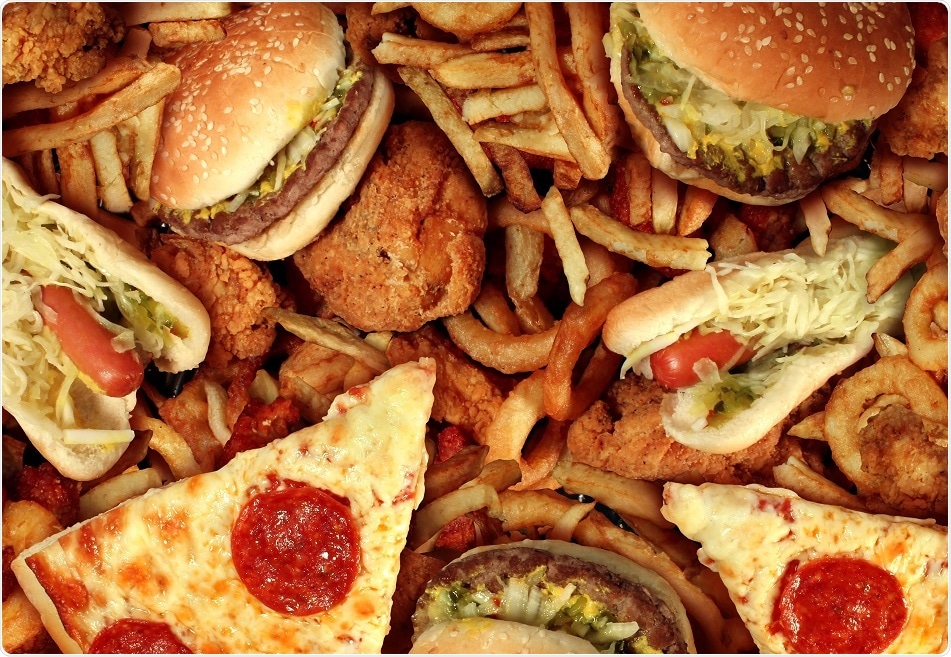University of Michigan researchers have studied two groups of brain cells that compete for the control of feeding behaviour and found that cells that drive the urge to eat overpower the ones that signal to stop.

Lightspring | Shutterstock
The study also showed that the brain’s opioid system is involved and that administering a drug called naloxone can block this system.
They say their findings could help to inform the fight against the global obesity epidemic.
In a mouse model, Huda Akil and colleagues studied two groups of brain cells called pro-opiomelanocortin (POMC) and AgRP (Agouti-Gene-Related Peptide). The two groups are located near to each other within a region of the brain called the arcuate nucleus, which is part of the behavior-regulating hypothalamus.
Previous studies have demonstrated that POMC responds to certain signals in the body by restricting the urge to eat, while AgRP drives the urge to eat, particularly when food is scarce or when a long time has passed since last eating.
As reported in the Proceedings of the National Academy of Science, the current study has now shown how the two groups of cells relate to each other. Using a technique called optogenetics, Akil and team stimulated POMC, given that POMC neurons had previously been shown to play a role in feeding behaviour.
However, the result of stimulating the POMC cells was that a group of neighboring AgRP cells were also stimulated. These two groups of cells are derived from the same parent cells during embryonic development, meaning that the technique the researchers used to target POMS also captured the AgRP nerve cells.
Interestingly, the team found that when both groups of cells were activated, it was the “keep eating” signal from AgRP that had the most influence on eating behavior. That AgRP signal was more powerful than the “stop eating” signal generated by POMC.
"When both are stimulated at once, AgRP steals the show," says Akil.
The researchers then used a technique called c-fos activation to further investigate the downstream effects of activating POMC and AgRP.
They found that activating AGRP also activated the brain’s opioid system and that administering the opioid antagonist drug naloxone stopped the urge to eat.
“This suggests that the brain's own endogenous opioid system may play a role in wanting to eat beyond what is needed,”Akil.
The finding led Akil and team to wonder whether bombardment of the senses with the things we see, smell and socially interact with relating to food may be involved with the urge to overeat.
She thinks perhaps these factors combine to trigger us to become interested in eating when we are not even hungry: "There's a whole industry built on enticing you to eat, whether you need it or not, through visual cues, packaging, smells, emotional associations. People get hungry just looking at them, and we need to study the neural signals involved in those attentional, perceptional mechanisms that drive us to eat."